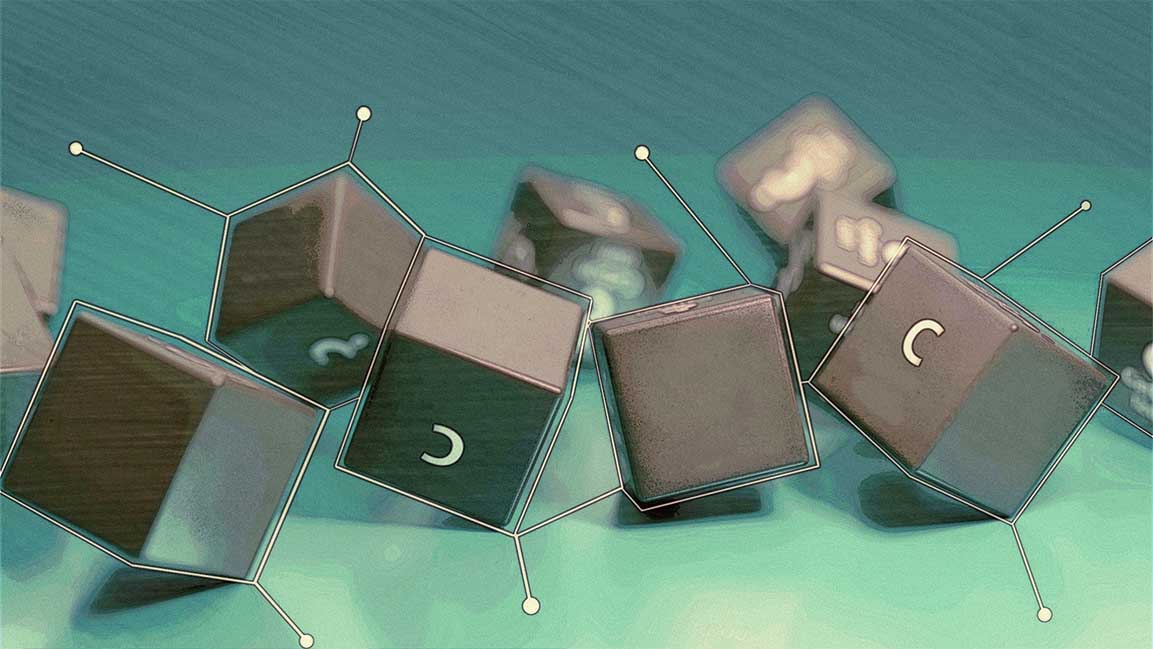- | 12:00 pm
UAE launches blockchain-powered national carbon credits system
UAE's MoCCAE signs MoU to reduce emissions and boost environmental sustainability.

Now accepting applications for Fast Company Middle East’s Most Innovative Companies. Click here to apply.
The UAE, a leader in the fight against climate change, is making significant progress in reducing emissions and investing in renewable energy. The country has increased its renewable energy capacity, with $50 billion in clean energy projects in 70 nations.
The recent collaboration of the Ministry of Climate Change and Environment with the Industrial Innovation Group LLC and Venom Foundation to establish the world’s first national system for carbon credits using blockchain technology is further progress in the same direction.
The deal aims to reduce emissions and enhance sustainable agriculture, biodiversity, and environmental health in the UAE. Blockchain ensures efficiency, security, and transparency when managing carbon credits’ issuance, transfer, calculation, and tracking and facilitating digitization.
Mariam bint Mohammed Almheiri, Minister of Climate Change and Environment, said. “As the UAE prepares to host COP28 in November, the country strives to double its efforts and showcase its inspiring experience to the world in addressing climate change by reducing carbon emissions across different sectors.”
“This requires working according to a scientific approach based on modern technology and the highest levels of transparency to monitor carbon credits to work according to realistic data, achieve tangible results on the ground, and achieve climate neutrality by 2050,” she added, referring to the UAE’s Net Zero 2050 initiative.
The collaboration covers many areas of work, such as developing a legislative and regulatory framework to establish a system for issuing and registering carbon credits, investing in innovative agricultural technologies, and development of food safety practices among many more.
































